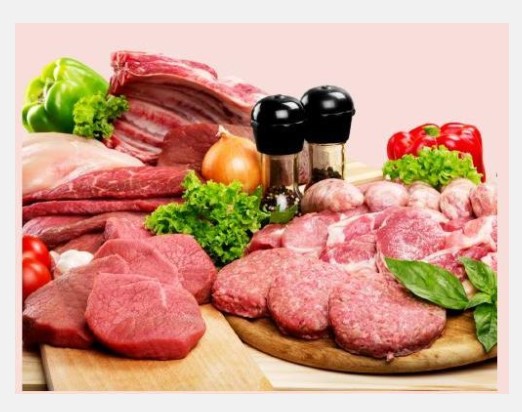Protein is a large molecule called a macromolecule or super-molecule, it is a polypeptide a compound containing from 1 to 100 amino acid molecules. The amino acid is linked together by a chemical bond, And Protein is a source of amino acids
that are essential building blocks for growth, recovery, maintenance, repair of cells, muscle cells, and the production of enzymes. and the production of many proteins occurring in the body.
Protein is an important role as a very vital component of health and performance.
A plan must be established to be according to your protein Daily calorie expenditure.
Eating what the body requires it is crucial, One thing is certain, active athletes require at least twice or more protein than nonathlete. strength athlete has large muscle and more of the fast-twitch muscle fiber, requiring these athletes to increase the amount of protein intake. Then there are athletes who are somewhere between endurance and strength. The athletes and nonathlete’s goal, therefore, is to maintain proper protein intake based on individuals’ body weight, activity level, and muscle fiber composition. When too much protein is consumed, the body converts the excess to fat and increases the blood level of ammonia and uric acid,” ammonia, and uric acid”, which are toxic metabolic waste products. For example, some amino acids are used by the body in metabolic processes such as the urea cycle, and others act as neurotransmitters, the chemical substances that help transmit nerve impulses, etc.

